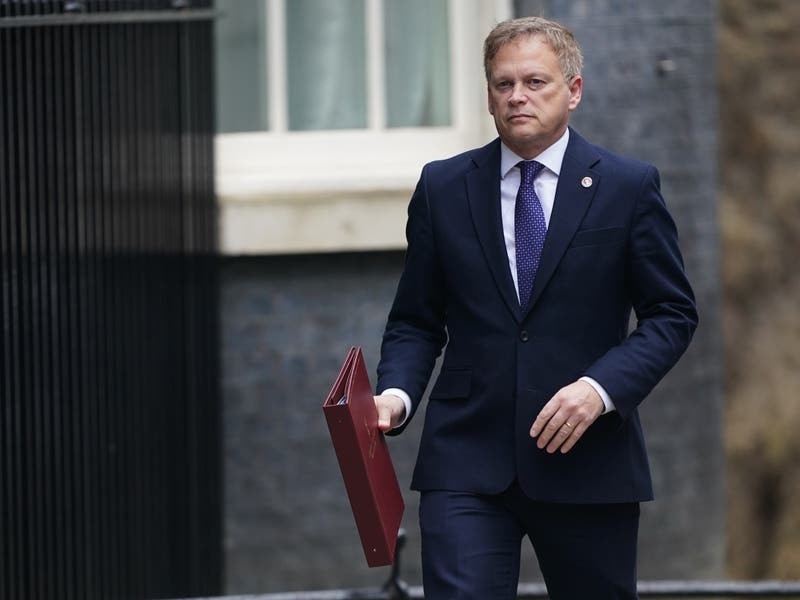Peter Crow took part in 43 operations with Bomber Command over four years, flying out of airfields at Wickenby in Lincolnshire and Warboys and Little Staughton in Cambridgeshire.
Speaking to the JEP in September 2017 around the time of the International Air Display, Mr Crow said: ‘During the Second World War it wasn’t very good but being up in the aircraft was superb.
‘The sound of the Lancaster bomber is what made me go deaf and the doctors used to say you had “Lancaster ear” to all those that lost their hearing.
‘My time in the forces was a bit grim and there were always bombs going off. I was put in some really scary situations and some where I almost risked my life. My plane was hit on the way to Berlin when we were going over France and the pilot lost his hand.’
He moved to Jersey in 1971 with his wife Gladys. He died at the Little Sisters of the Poor, where they both lived.
The RAF bombing offensive against Germany was one of the longest, most expensive and controversial of the Allied campaigns during the Second World War. Its aim was to severely weaken Germany’s ability to fight, which was central to the Allies’ strategy for winning the war.
Bomber Command was created in 1936 and comprised the RAF’s light and heavy bomber squadrons. Over the course of the war, it developed from a limited and relatively ineffective force into a weapon of immense destructive power. It received a major slice of Britain’s economic and technological resources, and many of its brightest and best young men.
Bomber Command crews suffered an extremely high casualty rate, with 55,573 killed out of a total of 125,000 aircrew. A further 8,403 were wounded in action and 9,838 became prisoners of war.
Mr Crow also served as a ‘pathfinder’ – which meant he was part of a target-marking squadron that flew ahead of the bomber squadrons to identify targets by dropping flares.
He said: ‘I was there to shoot the enemy. I sat between the cockpit and the rear gunner and defended the plane by using hand controls to shoot the gun. It was so small inside the aircraft and so loud. I was scared and anyone who says they weren’t is lying.’






